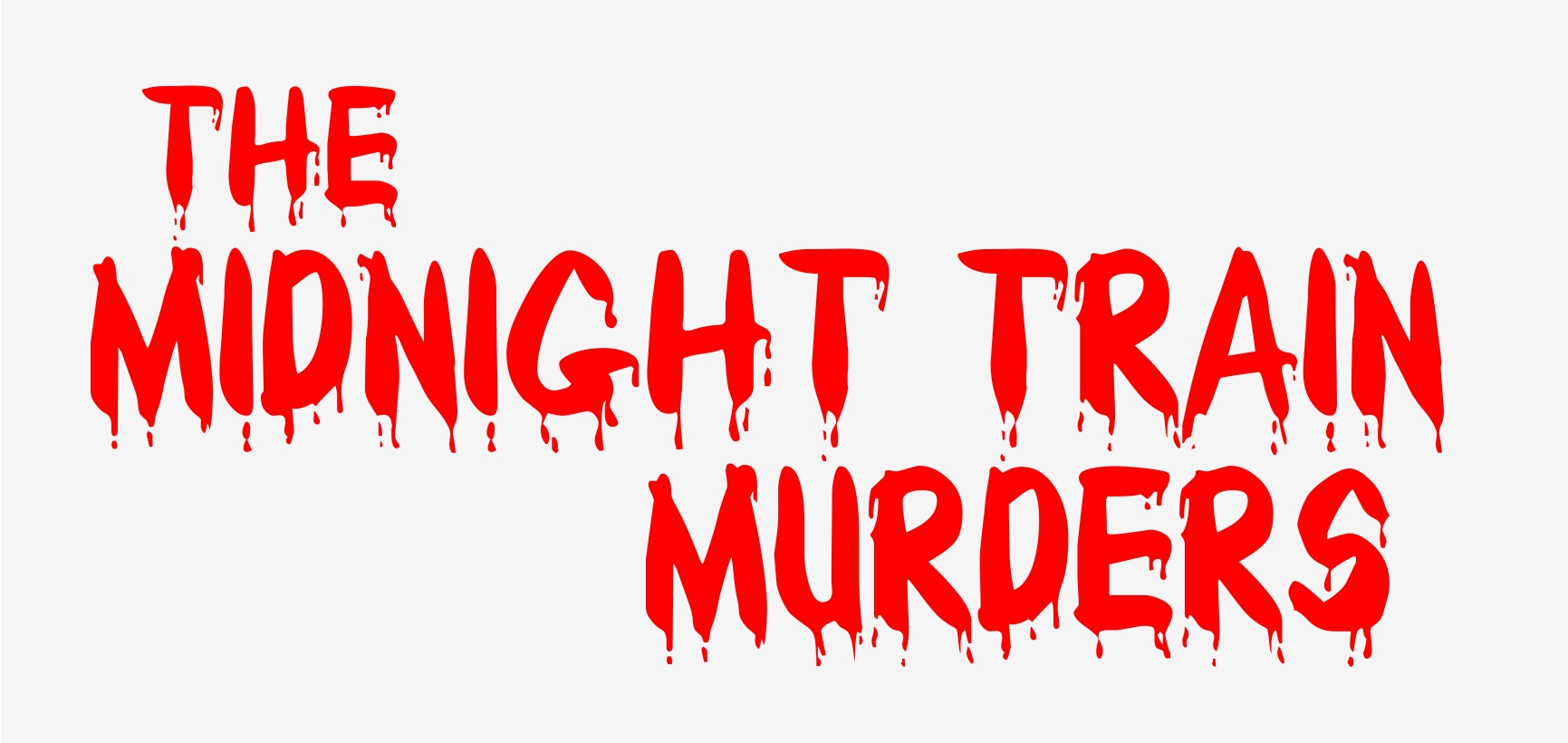by
Jim Keane
Russell Carson, a senior reporter fired from an esteemed New York City newspaper, begrudgingly takes a job with a tabloid notorious for fake news and sensationalism. When passengers are slaughtered on the Metro-North trains, he sees this story as his only opportunity to regain his lost prestige and sets out to report on the crimes. However, in keeping with the tabloid’s reputation, he writes that a vampire is the killer, but when he’s attacked on the midnight train, he learns that truth is more terrifying than fiction. He must team up with a tenacious vampire hunter, avoid a bedeviled detective, and confront pure evil to solve the mystery and get his honorable job back.
29,600 words
182 pages
BUY the e-book $2.99
BUY the paperback $12.95





